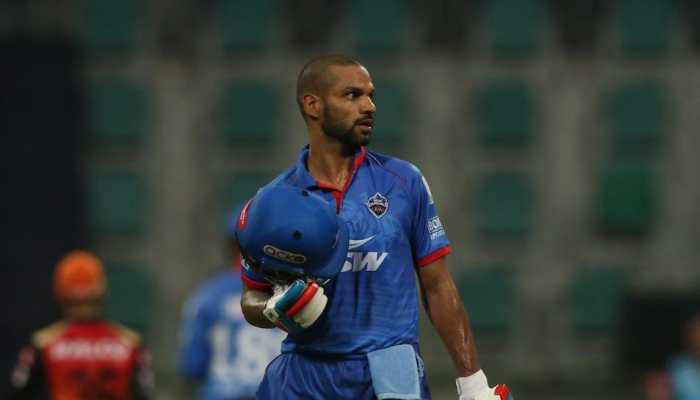Why Has Indian Railways Decided To Reduce Speed Of Vande Bharat And Gatiman Express -- Explained
According to media reports, this decision--on reducing train speed-- follows a proposal from the North Central Railway to the Railway Board.
Trending Photos
)
After the tragic the Kanchanjunga Express accident, Indian Railways has come up with the decision to reduce the speed of the high speed trains including the Vande Bharat and Gatiman Express on select routes. The speed of these trains will now reduced from the current 160 kmph to 130 kmph.
However, the question arises here that, will reducing the speed of high speed trains consequently reduce the number of train accidents in India?
As we discussed in our previous article on Train Passengers Safety-- there are several reasons for deadly train accidents in India, which includes reduced work force, poor infrastructutre, lack of signalling systems and more. Reducing speed of the trains which are meant for high-speed journeys brings us back to the basic question on its design --how can a low-speed train be categorised in high-speed genre?
Rationale Behind Reducing Train Speed
According to media reports, this decision--on reducing train speed-- follows a proposal from the North Central Railway to the Railway Board.
The proposal from the North Central Railway suggested slowing down Train No 12050/12049 Delhi-Jhansi-Delhi Gatiman Express, Train No 22470/22469 Delhi-Khajuraho-Delhi Vande Bharat Express, Train No 20172/20171 Delhi-Rani Kamalapati-Delhi Vande Bharat Express, and Train No 12002/12001 Delhi-Rani Kamalapati-Delhi Shatabdi Express. The reduction in speed aims to mitigate risks due to the failure of the Train Protection & Warning System (TPWS) on certain routes.
The change in speed will necessitate adjustments in the operating schedules of approximately 8-10 other trains to maintain operational efficiency. On most routes, the Vande Bharat Express trains are already operating at 130 kmph, except for specific stretches like the Delhi-Kanpur sector, which are capable of supporting 160 kmph speeds.
Shubhranshu, the former Principal Chief Mechanical Engineer of Integral Coach Factory and the man behind the Vande Bharat Express, criticized the decision. In an Interview given to the The Hindu, he said that reducing the speed due to a defunct TPWS would not effectively address the underlying safety issues. He pointed out that the Kanchanjunga Express accident involved a goods train traveling at only 45 kmph, questioning the rationale behind the speed reduction.
Kavach Installation
Apart from the speed reduction, Indian Railways has also fastened the intallation of Kavach- the Automatic Train Protection (ATP) system. Recently, the Minister of Railways, Ashwini Vaishnaw, has directed officials to expedite the implementation of the Kavach system across 44,000 km of railway tracks within the next five years. He emphasized the need to implement the Kavach system in a structured mission mode.
Stay informed on all the latest news, real-time breaking news updates, and follow all the important headlines in india news and world News on Zee News.
Live Tv







)
)
)
)
)
)
)
)
)
)
